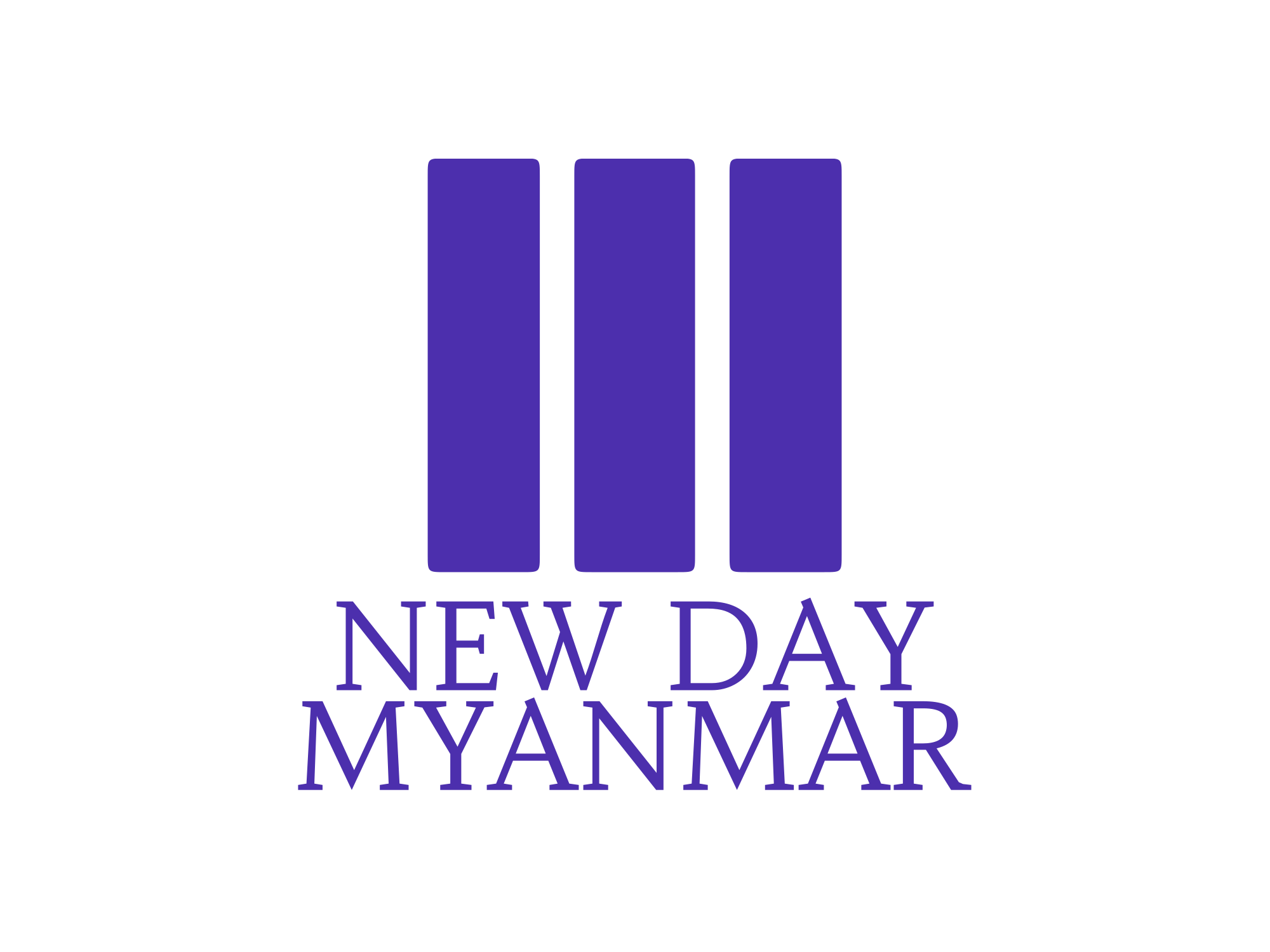July 22, 2024
Professor James C. Scott, an American political scientist and anthropologist renowned for his advocacy for oppressed communities in Myanmar, passed away on July 19, 2024, at his home. He was 87 years old. His son, Aaron Scott, confirmed the news, urging people to donate to the Burmese resistance instead of sending flowers, with the message, “Don’t send flowers, send money to the Burmese/Myanmar resistance.”
Professor Scott had a long history of engagement with Myanmar, visiting the country multiple times since his youth. Even before the military coup, he highlighted issues of poverty, oppression, and ethnic discrimination in Myanmar. Specializing in contemporary politics, he spent decades conducting field research on Southeast Asian peasants, oppressed classes, marginalized communities, and anarchist studies.
His notable works include Weapons of the Weak, The Art of Not Being Governed, Domination and the Arts of Resistance, and Moral Economy of the Peasant. These books have been widely read and respected among Myanmar’s academic and activist communities.
Scott played a key role in establishing the Independent Journal of Burmese Scholarship (IJBS) with funding from Yale University, where he was a professor. The journal aimed to support Burmese scholarship and provide a platform for Myanmar’s scholars to publish their work freely. The IJBS, published in both Burmese and English, started in 2016 and has continued to serve as a critical resource for Myanmar’s academic community, with the latest issue focusing on women’s issues released in May 2024.
During Daw Aung San Suu Kyi’s tenure as State Counsellor, she visited Yale University, where university officials, in consultation with Scott, discussed ways to support Myanmar. This collaboration led to the establishment of the IJBS with $150,000 in seed funding from Yale.
After the military coup in 2021, the journal’s print edition moved outside of Myanmar to ensure its continued publication, reflecting Scott’s unwavering commitment to supporting Myanmar’s scholars and the broader fight for democracy and human rights in the country.
Professor Scott’s legacy lives on through his influential works and the lasting impact of his efforts to uplift and empower Myanmar’s oppressed communities.



